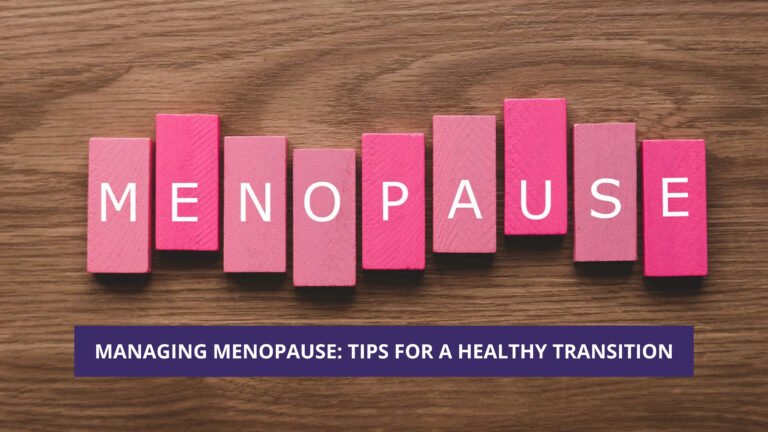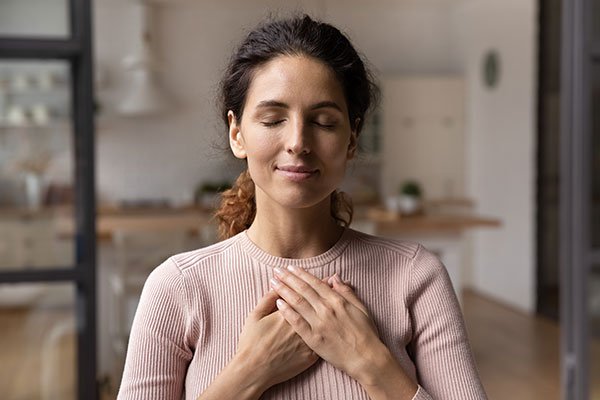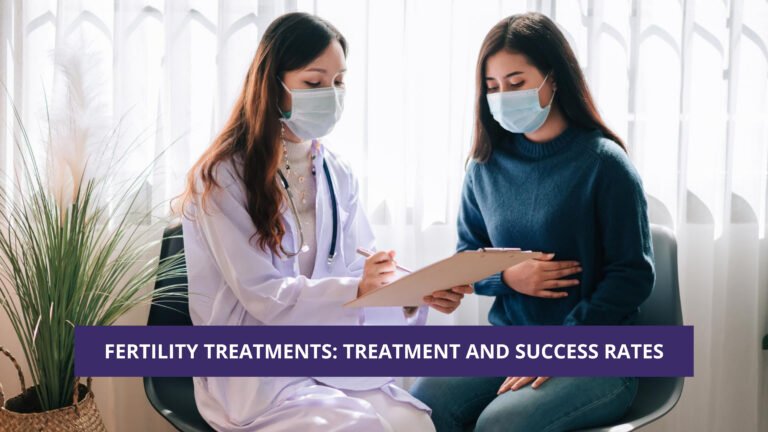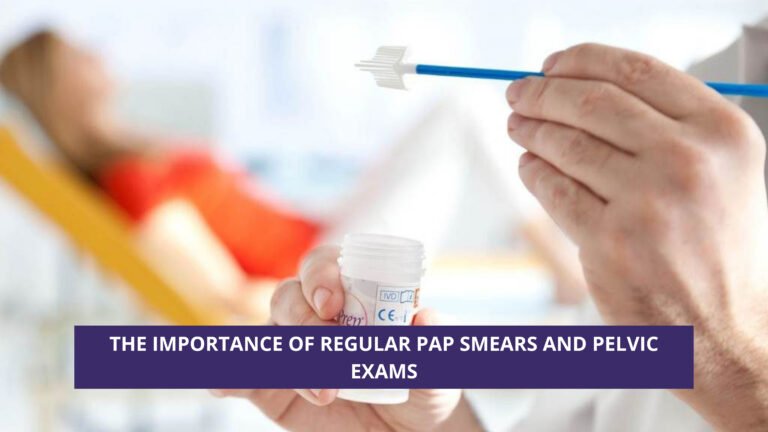Addressing the Psychological Impacts of Gynecological Conditions Like PMDD, PCOS, and Chronic Pelvic Pain
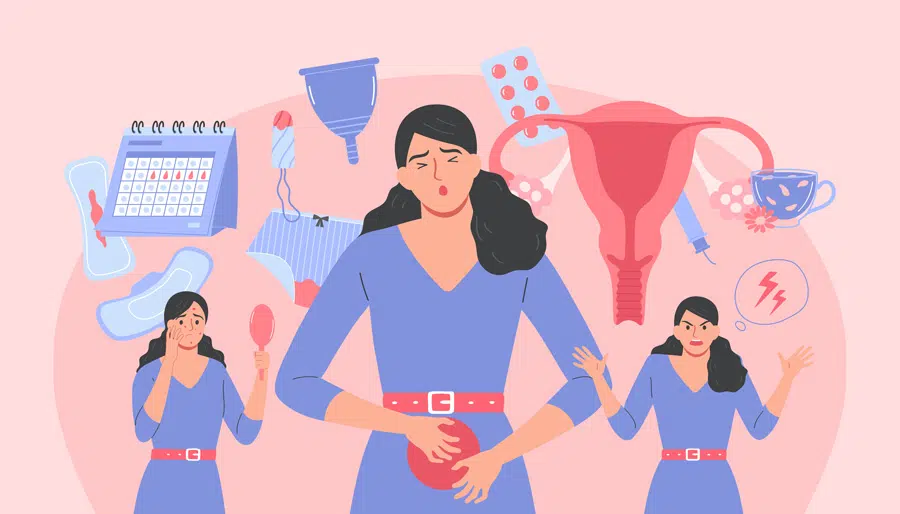
Many people in India don’t talk about women’s health. However, gynaecological diseases like Premenstrual Dysphoric Disorder (PMDD), Polycystic Ovary Syndrome (PCOS), and chronic pelvic pain can have a big impact on both physical and mental health. Sadly, the emotional and mental stress that comes with these conditions is often ignored, even though it’s a constant battle for many women. But it’s just as important to treat the mental effects as it is to treat the physical ones.
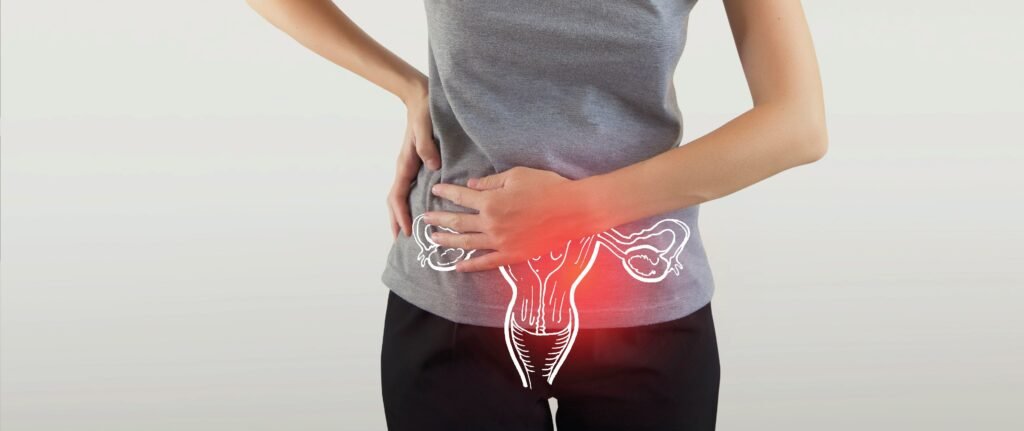
The Stress of Having PMDD:
PMDD isn’t the same as PMS. These are the worst kinds. Mood swings, anxiety, and even sadness take over in the days before your period. In Indian homes, women are often expected to handle all of their tasks, including work and family, which can make PMDD even harder to deal with. Everyday tasks can seem unbearable because of the extreme mood swings, which can make women feel guilty or angry when they can’t meet standards.
A lot of women with PMDD feel like they can’t do anything because they’re stuck in their feelings for a few days every month. It’s not just the pain in their bodies; it’s also the mental and emotional drain that most people don’t notice. Medications like antidepressants and changes to your habits can help, but the most important thing is to have emotional support. Therapy or counselling can help women deal with their mood swings and figure out what causes them, which can help them manage their symptoms.
PCOS and the Silent Mental Health Struggle:
PCOS affects a lot of Indian women, but a lot of people still don’t understand it. It’s not just about acne, weight gain, or periods that don’t come on time; it’s also about how these physical changes affect your emotions. Women with PCOS often feel bad about how they look, which can make them feel less confident and more frustrated. Another thing that adds to the stress is the pressure to look a certain way or meet societal standards, especially when it comes to marriage and having children.
Besides that, women with PCOS often have trouble getting pregnant. In a society that values family and motherhood a lot, it can be very hard to deal with infertility emotionally. It can make women feel alone, worried, or even sad. But it’s important to remember that seeing a doctor, getting help for your mental health, and joining a support group can make a big difference. PCOS patients should get care for their mental health at the same time they get care for their physical issues.
How to Deal with Long-Term Pelvic Pain:
A lot of Indian women also live with chronic pelvic pain without saying anything. When you have endometriosis or pelvic inflammatory disease, the pain can be very bad and not go away quickly. It’s hard to do anything because of the constant pain, like going to work, taking care of family, or even just getting through the day. This can cause stress, anger, and even sadness over time.
Women who have chronic pain often feel forgotten or misunderstood by those around them, even by healthcare professionals. This is one of the biggest problems. When pain keeps coming back, it can make women feel alone, and when it’s ignored, they feel even more useless. It’s just as important to take care of your mental health as it is to treat the pain. Counselling and mindfulness practices can help women deal with the stress and anxiety that come with having chronic pain, as well as give them mental relief.
The Importance of Treating the Whole: Mind and Body
India still doesn’t talk a lot about mental health and gynaecological health, but that needs to change. Conditions like PCOS, PMDD, and constant pelvic pain affect more than just the body. They also have a big effect on mental health. It’s important for women with these conditions to find a balance between taking care of their bodies and keeping their thoughts strong.
Gynaecologists and mental health workers need to work together to give women the best care possible. Taking care of both the physical and emotional effects will help women live healthier, more balanced lives. This can be done through counselling, support groups, or just having more open conversations about these problems.

